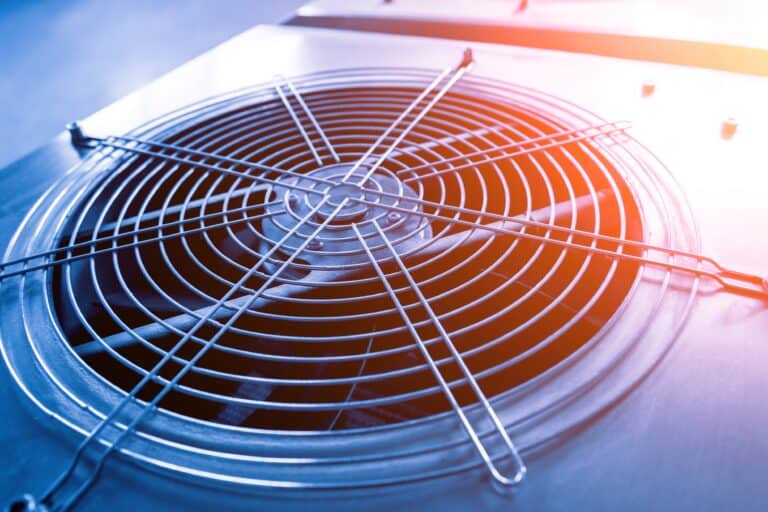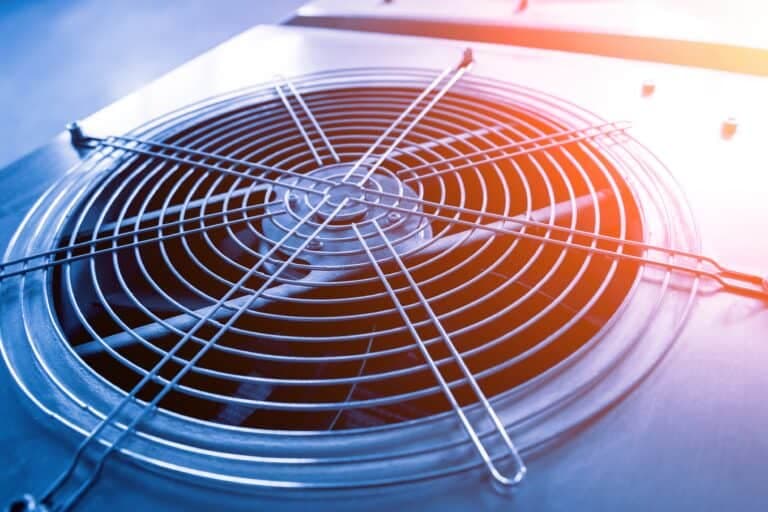Automating HVAC (Heating, Ventilation, and Air Conditioning) systems has become a game-changer for both building managers and occupants. By leveraging advanced sensors, IoT technologies, and intelligent algorithms, automated HVAC systems offer a host of benefits, ranging from enhanced occupant comfort to significant reductions in energy consumption. Here’s how:
1. Automating HVAC for Enhanced Occupant Comfort
Automated HVAC systems, as part of building automation, has become a game-changer for both building managers and occupants. Unlike traditional systems that rely on manual settings or fixed schedules, automated HVAC controls respond in real-time to environmental changes. Here’s how they enhance comfort:
- Precision Temperature Control: Automated HVAC systems can adjust heating or cooling dynamically based on occupancy, outdoor conditions, or even individual preferences. This results in more precise temperature regulation, eliminating hot or cold spots in rooms or buildings.
- Intelligent Zoning: By dividing spaces into multiple zones, automated systems provide customised heating and cooling where it’s needed most. For example, during peak working hours, offices may require more cooling, while less frequented areas remain at a moderate temperature. This ensures that every area is as comfortable as possible without wasting energy.
- Improved Air Quality: Automation also allows for intelligent ventilation. Sensors can detect air quality and automatically adjust air circulation to maintain healthy levels of CO2 and remove pollutants. This leads to fresher, cleaner air, improving the well-being of occupants.
2. Energy Efficiency and Cost Savings
The primary driver behind automated HVAC systems is the promise of substantial energy savings. By optimising how heating, cooling, and ventilation are managed, these systems help businesses lower their energy consumption and operational costs.
- Real-Time Adjustments: Automated HVAC systems use data from occupancy sensors, weather forecasts, and energy usage patterns to make real-time adjustments. For instance, when a room is unoccupied, the system automatically reduces heating or cooling, conserving energy.
- Predictive Maintenance: Automation systems are equipped with monitoring capabilities that detect inefficiencies or malfunctions early. Identifying issues like clogged filters or malfunctioning components can prompt maintenance before energy waste escalates, prolonging the life of HVAC equipment and avoiding costly repairs.
- Peak Load Management: Automated controls can shift energy usage away from peak demand times, taking advantage of off-peak hours when energy is cheaper. By distributing heating and cooling loads more effectively, businesses can reduce their energy bills while ensuring comfortable environments.
- Integration with Renewable Energy: Advanced automation systems can be integrated with renewable energy sources such as solar panels or smart grids, making it possible to run HVAC systems on cleaner energy while minimising reliance on fossil fuels.
3. Regulatory Compliance and Sustainability
Many regions now have stringent energy efficiency regulations for commercial buildings. Automated HVAC systems help ensure compliance with these regulations by providing detailed energy usage reports, monitoring system performance, and automatically adjusting to meet efficiency standards. Furthermore, reducing energy consumption through automation supports sustainability initiatives by lowering the overall carbon footprint of the building.
4. User-Friendly Control and Insights
Most automated HVAC systems come with user-friendly interfaces that provide building managers with real-time insights into system performance, energy usage, and occupancy patterns. These dashboards can be accessed remotely, allowing for quick adjustments and optimising building performance across various locations.
In essence, automated HVAC systems lead to more intelligent and adaptive control of building environments. This not only enhances occupant comfort but also dramatically reduces energy waste and operational costs, creating more sustainable and efficient buildings. Whether for large commercial buildings, residential complexes, or industrial spaces, the benefits of HVAC automation are clear: better comfort, lower costs, and a greener future.

